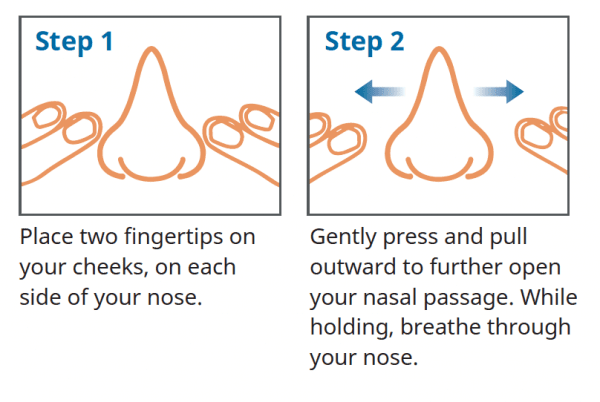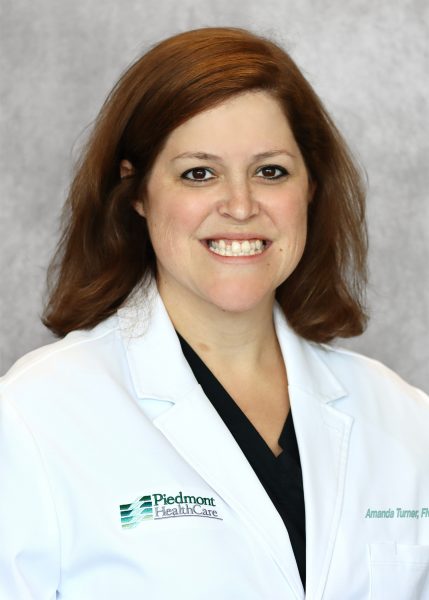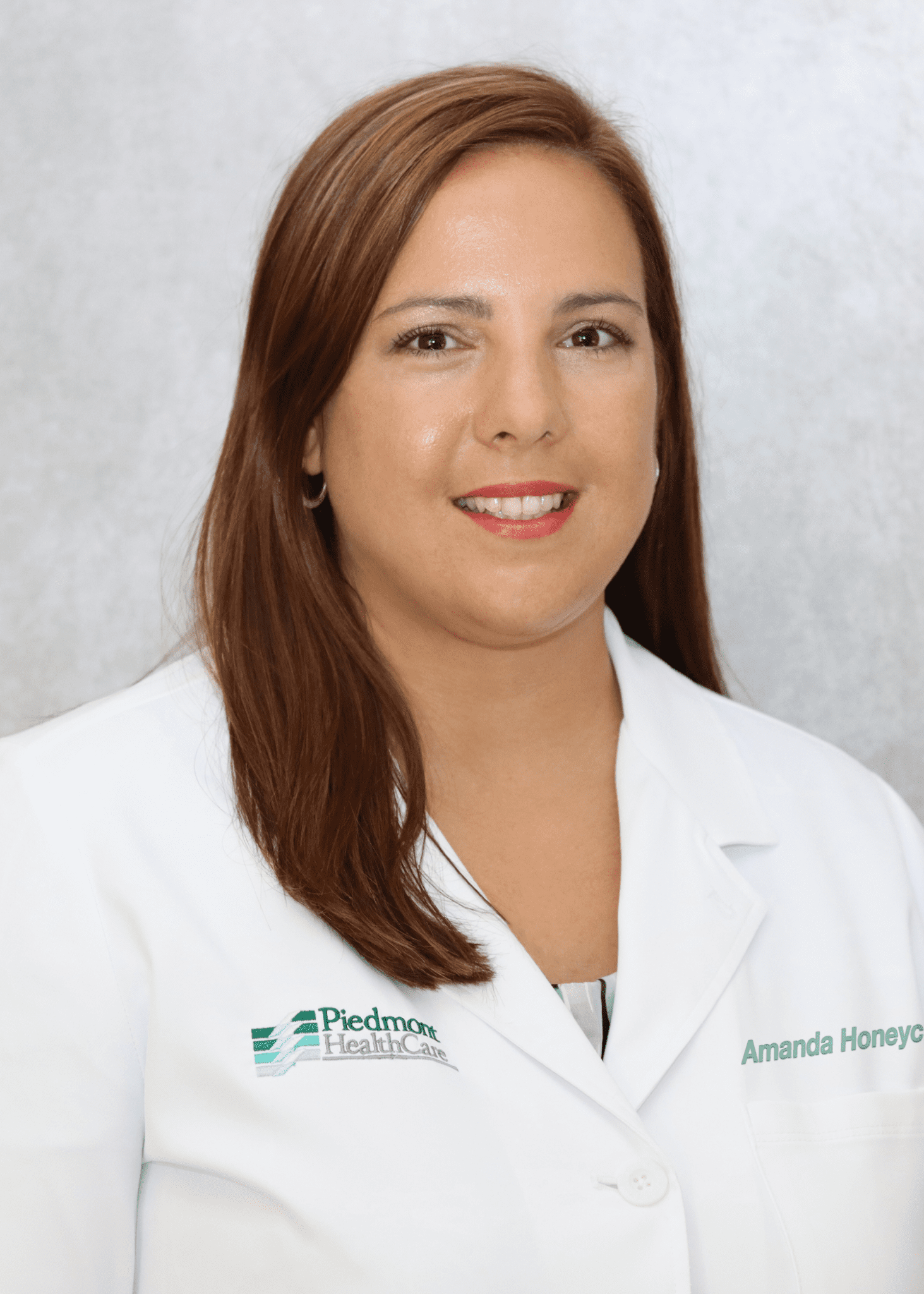What is nasal obstruction?
Many people with nasal obstruction experience difficulty breathing through their nose, habitual snoring, interrupted sleep and fatigue.
Nasal obstruction is often caused by anatomical blockage in the nose, hindering airflow. As a result, you may feel congested or “stuffy”. Home remedies and medications may offer temporary relief. It’s only when your nasal airway is opened that you can expect to find real, lasting relief.
Common symptoms of nasal obstruction:
- Trouble breathing through your nose
- Nasal congestion
- Difficulty sleeping
- Difficulty breathing during physical exertion
VivAer® Procedure
Lasting relief is possible without surgery
If you regularly experience difficulty breathing through your nose and nothing seems to help, you may have nasal obstruction. Until now, finding a long-term solution often meant surgery. Now, your physician may be able to offer you lasting relief without surgery by performing the VivAer® procedure to open your nasal airway.
Lasting Relief: 97% of patients experienced significant improvement in nasal breathing.¹
Non-invasive solution: Minimal discomfort, no incisions, and can be performed in our office.
Live better: Clinically shown to significantly improve quality of life and provide long-lasting relief.¹
Breathe better. Live better.
The VivAer® procedure is clinically proven to provide high satisfaction and lasting relief.¹ Patients typically return to normal daily activity the same day.
- 97% of patients experienced significant improvement in nasal breathing¹
- 94% of patients improved their ability to get enough air through their nose during exercise or exertion¹
- 89% of patients reported getting a better night’s sleep¹
 Am I a candidate for the VivAer® procedure?
Am I a candidate for the VivAer® procedure?
To find out, perform this simple test, called the Cottle’s maneuver.
Did the Cottle’s maneuver help you breathe better? If so, you may be a candidate.
Schedule an appointment today!
Call: 704-873-5224
¹ Data on file. Aerin Medical TR680-01.











 Am I a candidate for the VivAer
Am I a candidate for the VivAer